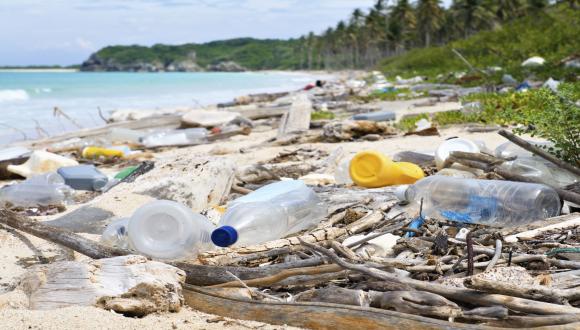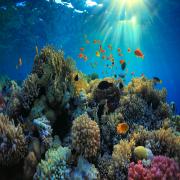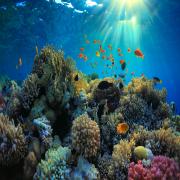Detection and quantification of phthalates and micro-plastic in marine environments
In collaboration with Dr. Noa Shenkar, School of Zoology, TAU
In collaboration with Dr. Noa Shenkar, School of Zoology, TAU
Plastic fragments from various sizes polluting the ocean are increasing significantly each year, having a devastating effect on the marine environment. Efforts are directed toward estimating the amount of plastic and micro-plastic present in the ocean and studying its impact on marine ecosystems. A major problem that negatively affects marine organisms, caused by plastic residues, is the release of phthalates to the aquatic phase.
Ascidians are marine filter-feeding invertebrates of the phylum Chordata, which are very common around the world. Being immobile and able to filter high volumes of water, ascidians have a unique potential to act as a natural biological filter for micro-plastic suspended in the water column and bioaccumulation of phthalates released inside the organisms’ body.
An innovative analytical method was developed for the detection and quantification of phthalates in ascidians soft tissue. This method is based on the extraction of phthalates from tissues using Accelerated Solvent Extractor (ASE), and GC/MS for detection and quantification. The results indicate large quantities of phthalates in the organisms' body, much more than reported on similar studies in the past and demonstrating some differences between independent sampling sites.




